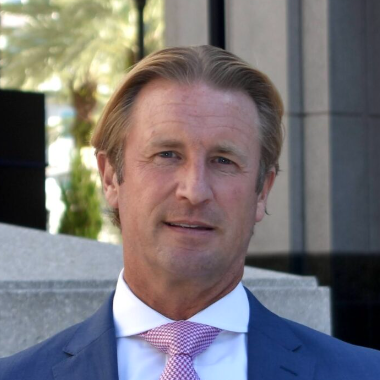In the months since the COVID-19 pandemic began, the Florida Attorney General’s (AG) office has received thousands of reports from consumers about price gouging across the state. Price gouging refers to charging extraordinarily high prices for essential goods and services during a state of emergency. In Florida, it is illegal. The AG has taken strong action against this practice by issuing thousands of subpoenas against businesses and third-party sellers, as well as creating a Rapid Response Team dedicated to shutting down price-gouging operations.
If you are a business owner, you may not fully understand how the law could apply to you, or its consequences, and thus fall prey to criminal charges. Having this information could be critical to you at a time when all of us are distressed by the fallout of both the COVID-19 disease itself and governmental responses to it across the boards.
Florida’s Price Gouging Law
Price gouging in Florida is covered under Florida Statutes 501.160, 501.204 and 501.206 (2019). It applies to all businesses that offer commodities to the public. This includes third-party sellers on sites such as Amazon. These statutes come into play in counties that are under a declared state of emergency and pertains to the rental or sale of “commodities” that are deemed essential in a time of crisis. Unfortunately, the law does not specifically define the term “essential.”
Commodities can include many items, as stated in the law, such as:
- Goods
- Services
- Materials
- Merchandise
- Supplies
- Equipment
- Resources
- Other articles of commerce
The law goes on to state that commodities include, “without limitation, food, water, ice, chemicals, petroleum products, and lumber necessary for consumption or use as a direct result of the emergency.” It prohibits “unconscionable prices” for these commodities. An unconscionable price would be one that is “grossly” higher than the average price charged for the same item in the 30 days prior to the state of emergency. However, once again, the law fails to specify what would be a “gross” overcharge of an item. Based on previous cases, prices that are increased by 50 percent or more qualify as price gouging, though lower increases could qualify as well under specific circumstances.
Are There Any Exceptions to the Price Gouging Law?
The only exception to the law is if your costs for providing the goods or services has increased due to the emergency. If your supplier is charging you more, then the exception should kick in. This is based on the idea that you should not be punished for price increases passed on to you. As a business owner, it may be wise to protect yourself by keeping track of your costs and their increases both prior to and during the period when the price gouging law is in effect. Documenting this could be helpful if you come under investigation.
Penalties for Price Gouging
The penalty for price gouging in Florida is a $1,000 fine per violation, which can increase up to $25,000 total within a 24-hour period. Furthermore, if you are licensed by the state, your licensing agency may bring disciplinary actions against you. Anyone selling goods or services, whether at excessive prices or not, without an occupational license or business tax receipt is also breaking the law and may be charged with a second-degree misdemeanor.
If you have received a subpoena from the AG’s Office or if you believe you are the subject of a price gouging complaint, you should seek legal counsel. At The Wiseman Law Firm, our price gouging attorneys can answer your questions and review your case to help you avoid penalties and/or criminal consequences.
To learn more or to arrange a consultation, contact our office online or call us at 407-420-4647 today.

